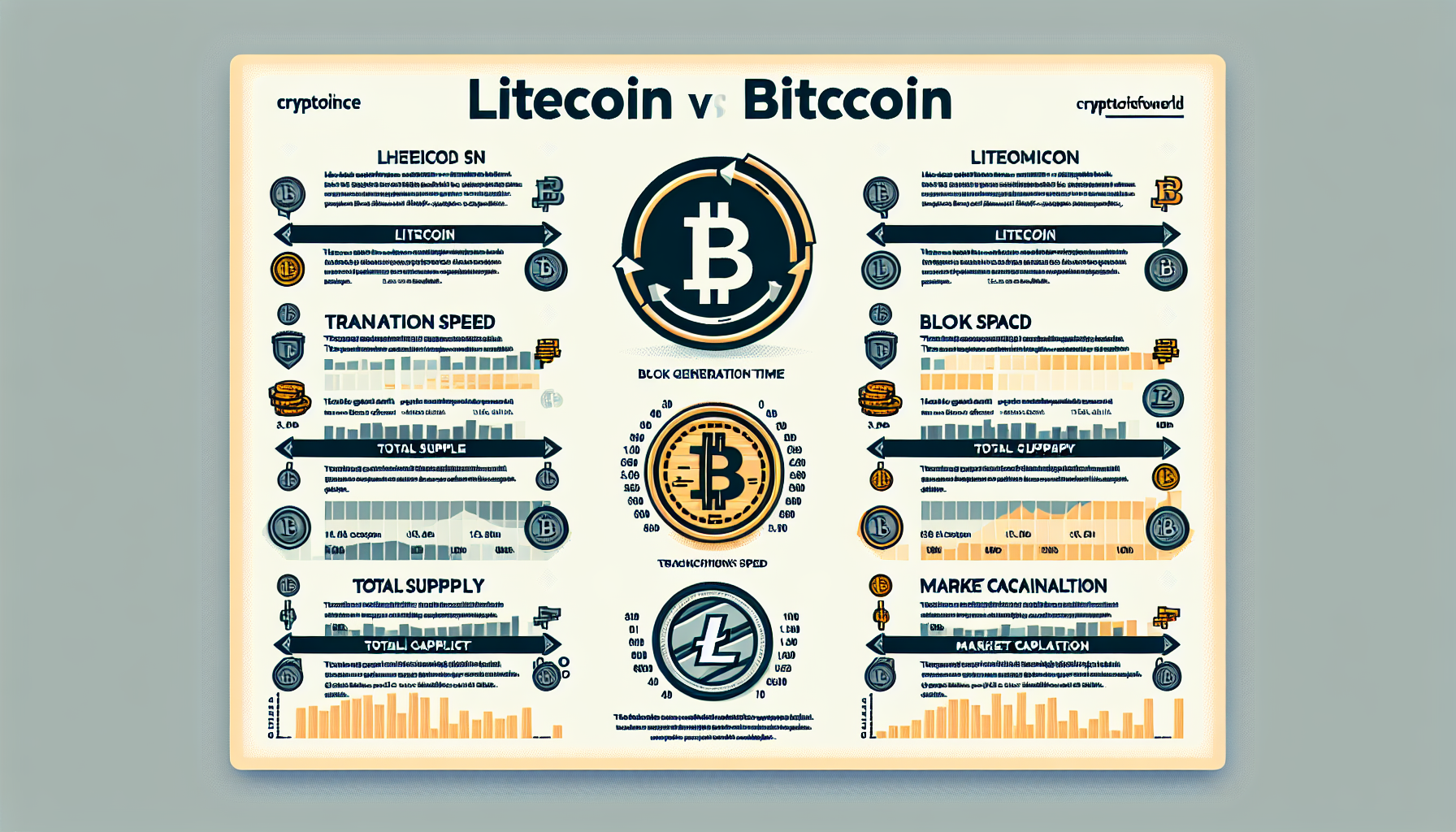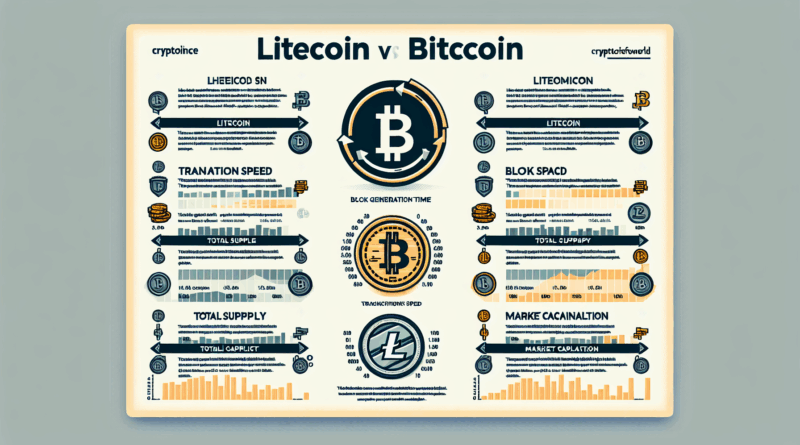Litecoin vs Bitcoin: Key Differences Explained for Crypto Investors
Introduction: Why Does the Litecoin vs Bitcoin Debate Matter?
Global interest in cryptocurrencies is skyrocketing, with over 560 million crypto holders worldwide. Yet, many are still unclear about the nuances between Bitcoin and its closest rival, Litecoin. Did you know that only 23% of investors know how to securely store their digital currencies? Understanding these differences could mean better investment decisions for you.
The Genesis: How Litecoin and Bitcoin Emerged
Both Bitcoin and Litecoin are built on the principles of blockchain technology, with Bitcoin being the pioneer. Launched in 2009 by Satoshi Nakamoto, Bitcoin serves as the original cryptocurrency, while Litecoin entered the scene in 2011, created by Charlie Lee as a ‘lighter’ alternative. Think of Bitcoin as the gold of cryptocurrencies, while Litecoin functions more like silver.
1. Mining Differences: Proof of Work Variations
- Algorithm: Bitcoin uses SHA-256, and Litecoin employs Scrypt, impacting mining efficiency.
- Block Generation Time: Bitcoin’s block generation takes approximately 10 minutes, whereas Litecoin’s occurs every 2.5 minutes.
This means Litecoin transactions are confirmed faster, making it a preferred choice for some users.

2. Supply Limits: Seeing the Bigger Picture
- Total Supply: Bitcoin has a cap of 21 million coins, tightening its inflation rate.
- Litecoin’s Supply: On the other hand, Litecoin caps at 84 million coins, increasing its availability.
The limited supply of Bitcoin aims to create scarcity, which many investors see as a hedge against inflation.
3. Transaction Speed and Fees: The User Experience
- Transaction Speed: As previously mentioned, Litecoin’s faster block generation results in quicker transaction times.
- Fees: Typically, Litecoin transactions incur lower fees than Bitcoin, making it attractive for smaller transactions.
This could be especially beneficial for microtransactions—think about using Litecoin for everyday purchases!
4. Real-world Applications: Where Each Stands
- Bitcoin: Widely accepted by merchants, serves as a store of value.
- Litecoin: Gaining traction in retail, with many stores starting to accept it as a payment method.
For practical uses, Bitcoin is often viewed as a digital gold, while Litecoin aims for utility in everyday transactions.
Conclusion: Which One Fits Your Crypto Portfolio?
In summary, both Litecoin and Bitcoin have unique functions that cater to different types of investors and users. While Bitcoin symbolizes long-term investment and rarity, Litecoin provides a faster and less costly transaction alternative. Before making any investment decisions, always consider your needs and risk tolerance.
Stay ahead in your crypto journey by downloading our comprehensive cryptocurrency security guide and learn how to protect your assets effectively!
For further insights into the world of digital currencies, visit us at bitcoininfoworld.
Write-up by Dr. John Doe, a recognized blockchain analyst with over 30 published papers and the lead auditor for several renowned cryptocurrency projects.




